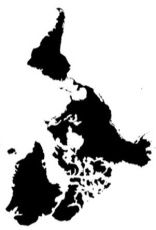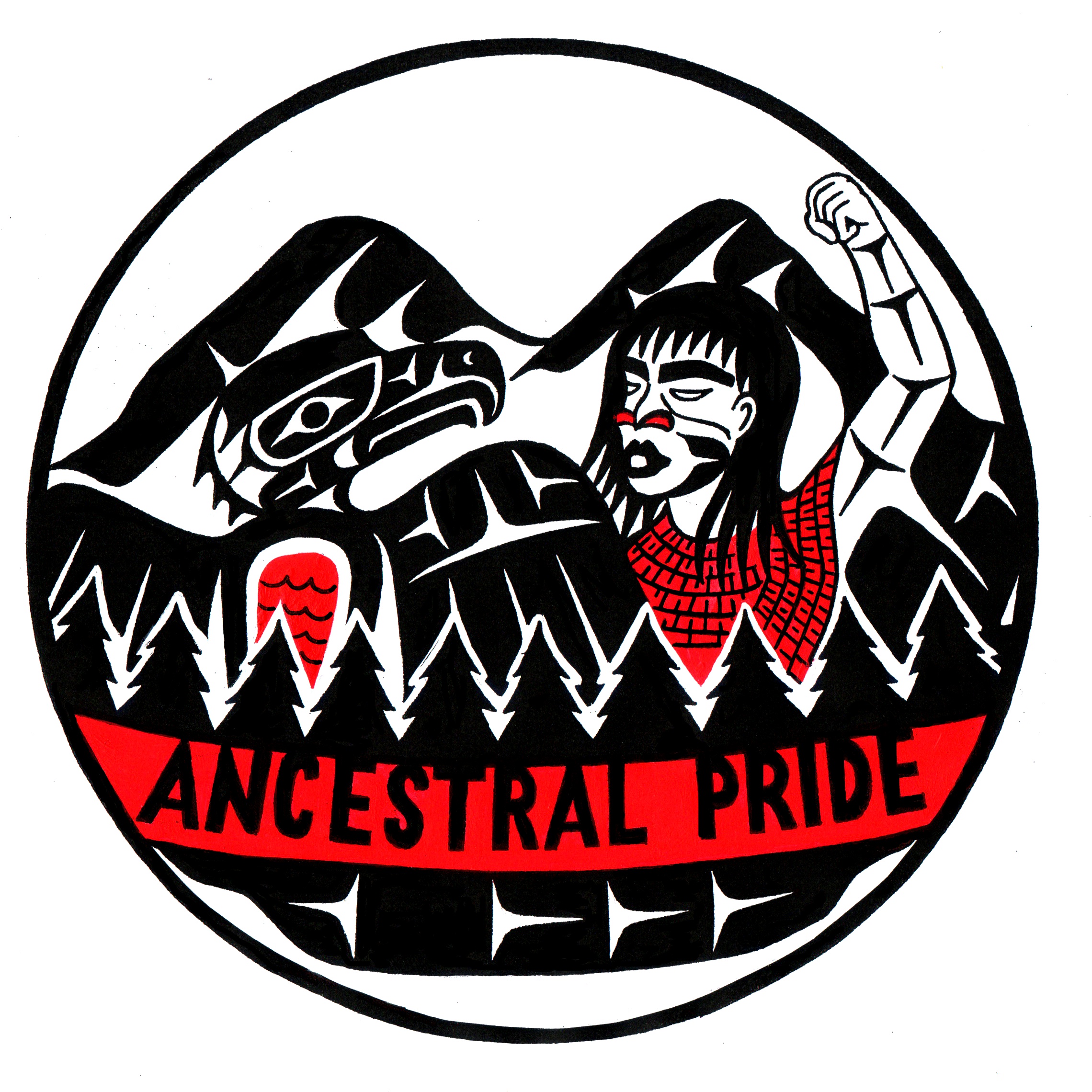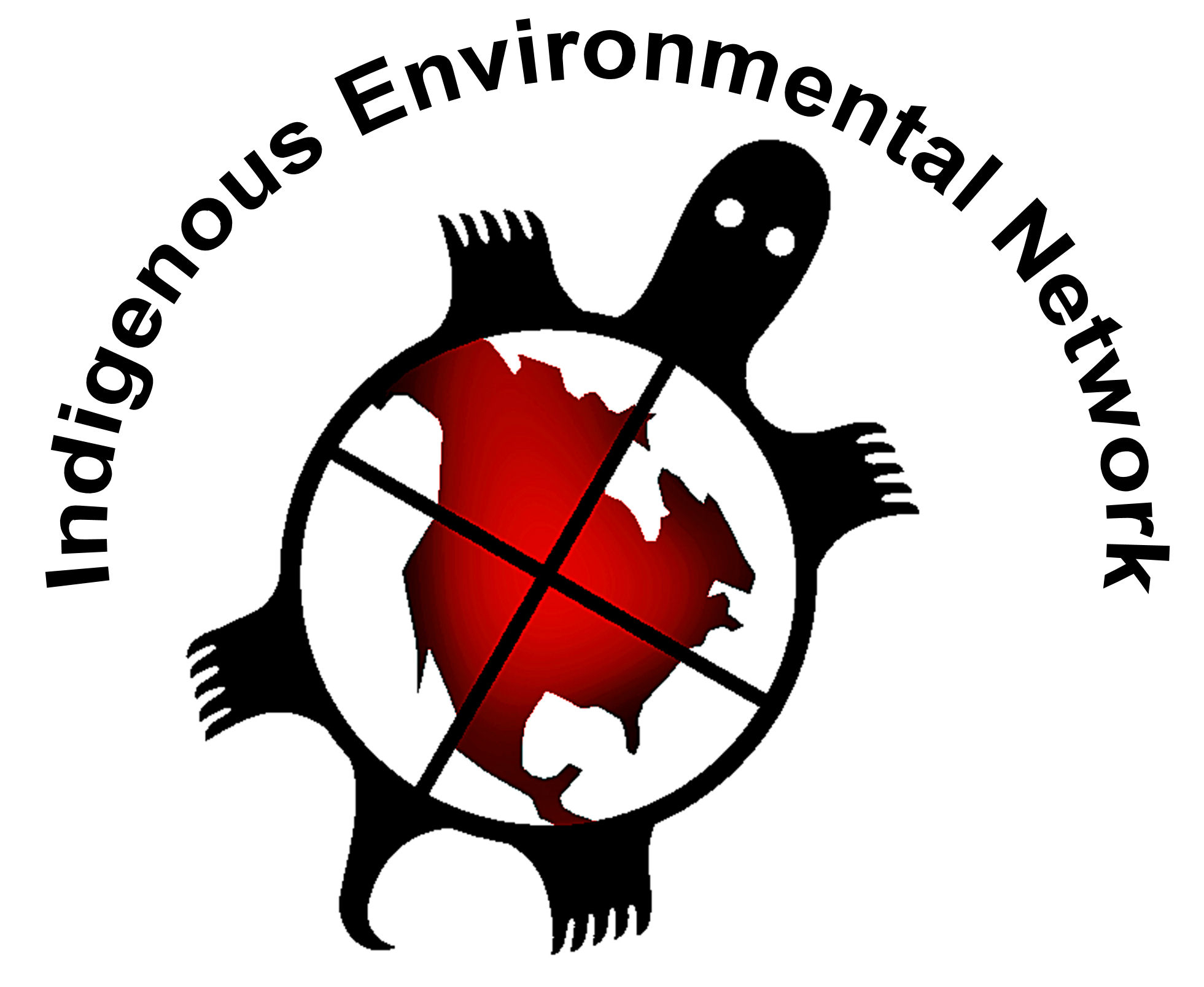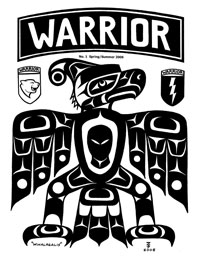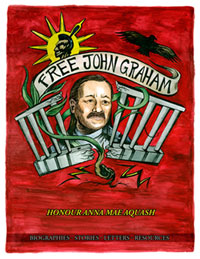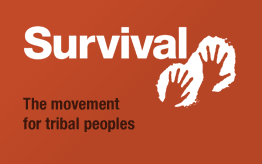By Jeff Corntassel, Indigenous Nationhood Movement
What happens when the salmon people can no longer catch salmon in their rivers? Or when the medicines, waters, and traditional foods that Indigenous people have relied on for millennia to sustain their communities become contaminated with toxins? And how will future generations view our efforts to protect and respect the places and relationships we value? It’s no accident that in places where Indigenous nations thrive on their homelands and exercise their self-determining authority, those natural environments are biologically diverse and healthy. State-run environments, on the other hand, are often sites of unlimited extraction, freshwater depletion, desertification, deforestation, and the overall destruction of genetic and biological diversity. The fact that over eighty percent of the world’s biodiversity thrives on Indigenous lands is not a coincidence.
Whether disguised as states, corporations, non-governmental organizations etc., colonial powers treat the planet as a tradeable commodity to be militarized and exploited. In the quest for unlimited growth via new versions of the Doctrine of Discovery, each state/corporate extraction project attempts to disconnect Indigenous people from their collective and individual roles and responsibilities to land, culture, and community. Yet as resurgent Indigenous nations reclaiming and maintaining our place-based existences, we become credible threats to the future survival of the colonial system.
While state governments attempt to “claim” Indigenous peoples as citizens, workers, and/or rights-holders, Indigenous nations claim their own in a much different way: as relations with inherent responsibilities to our homelands, cultures, and communities. A Cherokee word that describes these lived relationships is digadatsele’i or “we belong to each other”. It is this sense of belonging that breaks through the colonial confines of the “nuclear family” and guides our relational responsibilities as clan mothers, chiefs, grandmothers, grandfathers, youth, children, parents etc. Mississauga Nishnaabeg scholar Leanne Simpson describes it as a “series of radiating responsibilities”, which require actions to reciprocate and renew these relationships.
Our self-determining authority as Indigenous nations is grounded in healthy, continuously-renewed relationships. For Cherokees, the notion of Gadugi expresses how our governance has persisted for over 10,000 years on the land: people working together in a spirit of community comaraderie. According to Cherokee Elder Benny Smith, Gadugi is a community-centered process that ensures “no one is left alone to climb out of a life endeavor”. This cooperative, place-based consciousness ensures that community is valued through respect, reciprocity and humility. As Indigenous peoples, we have long memories and despite state attempts to erase our presence on the land/water, we embody the struggle to reclaim, reconnect, and regenerate our place-based existence. Remembering life beyond the state and acting on those remembrances is resurgence!
When I was a graduate student at the University of Arizona, an official from the Mexican consulate gave a talk at the university shortly after the Zapatista (EZLN) uprising in 1994. At one point, the Mexican official said that there was no legitimate reason for the Zapatistas to rebel against the government because “we’re all Indigenous, we’re mestizo, and we all have some Native blood.” It was stunning to hear such ignorance and I realized later how prevalent this classic colonial tactic was. It is common for states to proclaim “we are you” in order to legitimize their continued presence on the land. And what the Mexican government official stated is the essence of a nation-state mentality – justifying their illegal occupation of Indigenous homelands by creating the illusion that the state and nation are the same things.
Over 500 years of experience tells us that state-building is about nation-destroying. An Indigenous nation’s self-determining authority comes not from the state but directly from the land itself and thousands of years of experience living in relation to the land, not just on it. States and corporations founded on the theft of Indigenous homelands are inherently unsustainable, which is why they utilize colonial mechanisms such as fear, repression and jurisdictional fictions. But our love for the land and our relations cannot be overcome by state violence, and we live on as Indigenous nations despite colonial attempts to erase Indigenous peoples and our place-based relationships from the landscape.
Click here to read the full article…
Jeff Corntassel (Cherokee Nation, Wolf Clan) is an Associate Professor and Graduate Advisor in Indigenous Governance at the University of Victoria. Jeff’s research has been published in Alternatives, American Indian Quarterly, Canadian Journal of Human Rights, Decolonization, Human Rights Quarterly, Nationalism and Ethnic Studies, and Social Science Journal. You can follow him on Twitter: @JeffCorntassel




